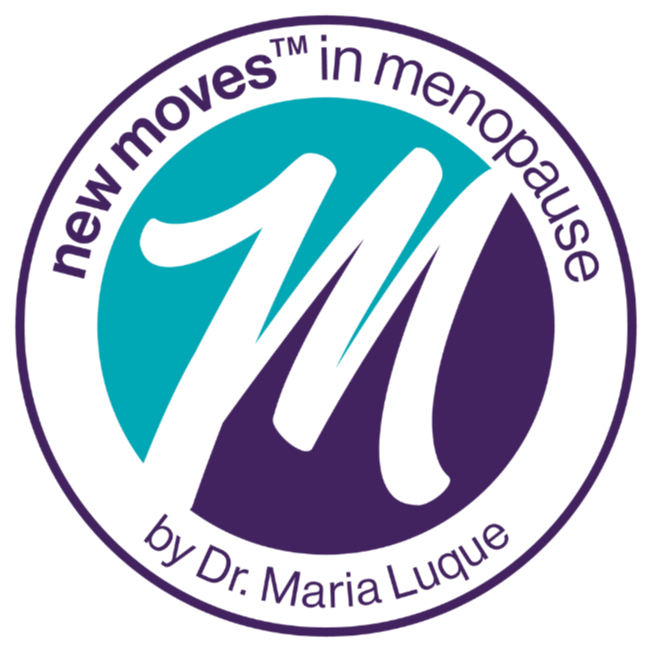Menopause Menu: Is There A Dark Side To Soy?
Jun 17, 2020
The soy controversy - Is it safe to consume soy for menopause symptom management?
For menopausal women, soy with its estrogen-like effects has been touted as an effective natural treatment for hot flashes but there remains a lot of controversy, confusion, and concern about the soy-breast cancer relationship.
Since the ’90s, more than 10,000 studies have been conducted on evaluating different soy products, their nutritional and metabolic benefits, and their function in disease prevention and reduction. But, as with all studies, the more you know, the more confusing and contradicting information seems to get. A lot of information by “experts” is nothing but clever marketing ploys to sell a product without any research to back it up. Always question information, especially if it is supposed to be “good” or “bad” for you.
What makes the soybean so special and controversial is its unique source of isoflavones called phytoestrogens. These phytoestrogens exhibit weak estrogen-like effects and have received a lot of scientific attention because of the concern that they might stimulate the growth of existing estrogen-sensitive breast tumors. However, the majority of studies researching the association between soy consumption and breast cancer risk, have found an inverse relationship between the two. Studies show that soy intake during early life may both reduce breast cancer risk and risk of recurrence and that a diet rich in isoflavones from soy products also reduces the risk of postmenopausal breast cancer. Results from several studies also suggest that soy consumption might reduce the risk of prostate cancer and coronary heart disease. Clinical studies of soy-based diets revealed that soy consumption significantly decreased total cholesterol, low-density lipoprotein cholesterol, and triglyceride levels. Promising research studies also show the potential benefit of increased soy consumption on bone health especially for postmenopausal women but more research is needed.
I was not able to find any credible evidence to suggest that consumption of traditional soy products high in isoflavones has adverse effects in healthy individuals. The latter (healthy individuals) is very important. You should always consult a health professional before increasing your soy consumption considerably as it may have adverse effects depending on your particular health condition. As with everything, moderation is key. Don’t replace every protein source with soy and when consuming soy products, be sure they are quality products. Beware of many commercial soy products as they have little or no isoflavones but are high in sugars and fillers. Another factor to take into account is that a large number of soy crops in the United States are genetically modified and therefore can have significantly different effects.
Be informed about what you put in your body!

My little disclaimer: as mentioned above, thousands of studies have been done on soy and of course I have not read every single one of them. I chose articles and reviews published in well-known and reputable journals. This article is designed to give you unbiased and factual information obtained from those articles so you can make a more informed decision when consuming soy products.


